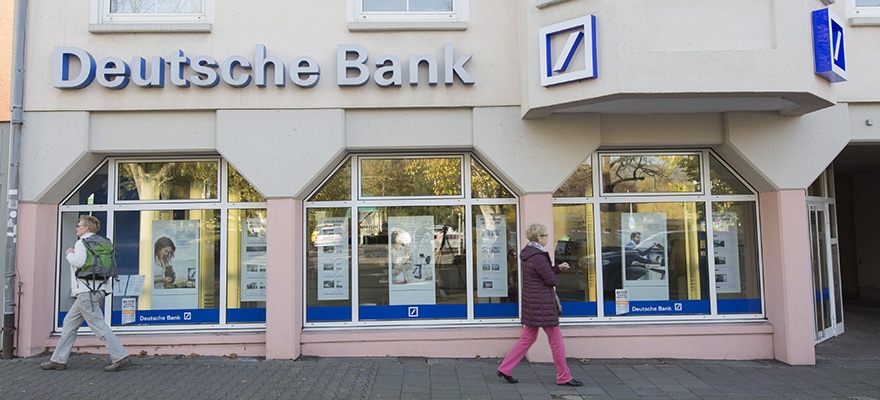Deutsche Bank has made headlines about its operational efficiency, albeit for all the wrong reasons, after a junior trader accidentally sent $6.0 billion to a US hedge fund, according to a recent report from the Financial Times.
Less than two years removed from a foreign Exchange (FX) rigging scandal, which cast a shadow of doubt on Deutsche Bank’s operational prowess and Risk Management , onlookers have to be stunned by such a lapse in decision-making.
Back in June, a junior member of Deutsche Bank’s FX sales team mistakenly processed a trade to a hedge fund client that utilized a gross figure rather than a net value – what this amounted to was a number far in excess of its original value, culminating in a trade of $6.0 billion. Deutsche Bank has since clarified that the trader’s superior was on vacation at the time and thus unavailable.
Adding to the gaps in oversight is the complete failure to detect such an erroneous trade – that the trade requires a second set of eyes and review by another Deutsche Bank employee lend weight to the notion that risk management is leaky at the lender, since the trade evidently passed such a litmus test undetected.
When trading or engaging with hedge funds, banks will typically net off the various transactions through the course of the day, only sending a final payment at the close of trading session. Deutsche Bank had reported the accident to the US Federal Reserve, the European Central Bank (ECBB) and the UK’s Financial Conduct Authority (FCA).
According to John Cryan, Deutsche Bank’s new co-chief executive, in a recent memo to its staff sent in July: “Our cost base is swollen by poor and ineffective processes, antiquated and inadequate technology, too many tasks being completed using manual labour and, too frequently, unsuccessful investments in our infrastructure.”
Just yesterday, Deutsche Bank unveiled a number of sweeping changes across several divisions of its business. The overall aim of the moves has been and likely will continue to be about fostering heightened operational efficiency.


















